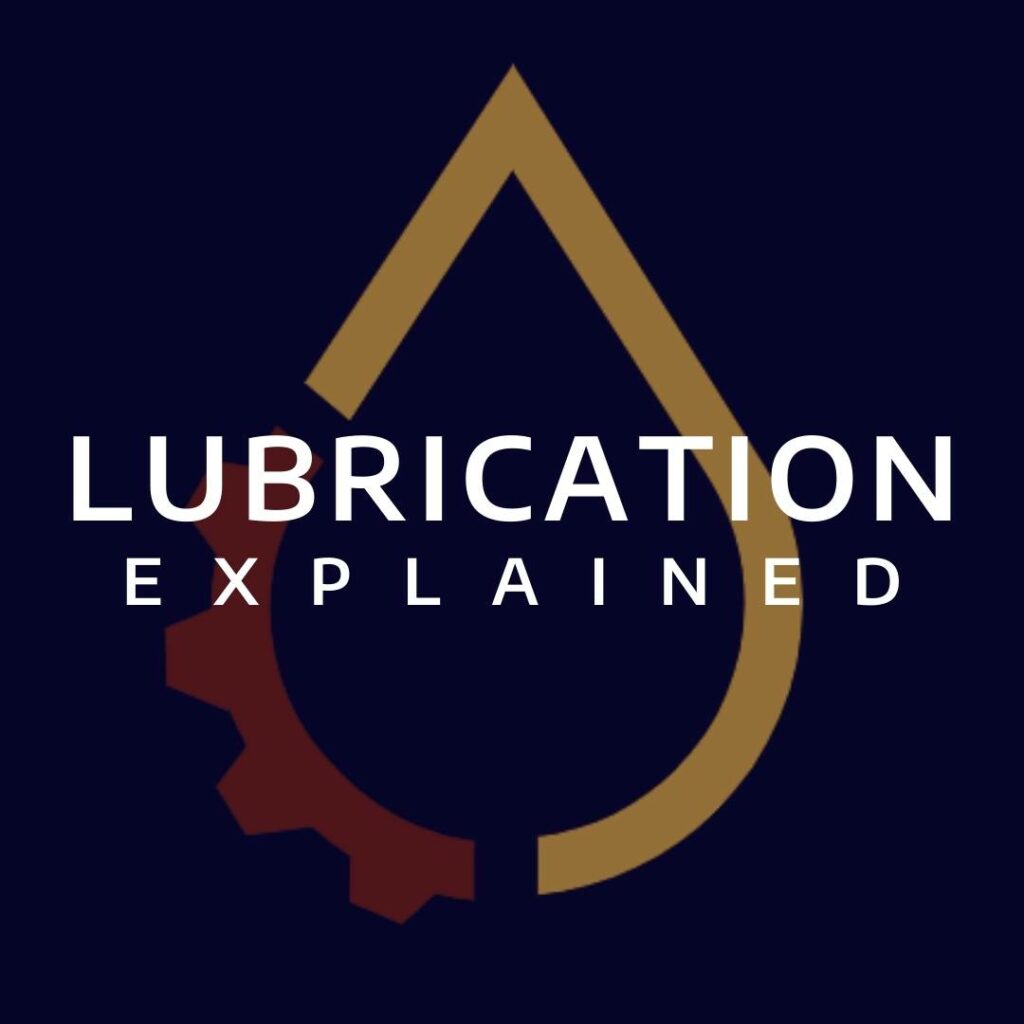MLA II
Welcome to the Machinery Lubrication Level II (MLA II) course, presented by Lubrication Explained Pro. This course is designed to elevate your understanding and skills in the field of machinery lubrication, aligning with both the International Council for Machinery Lubrication (ICML) requirements for MLA II certification and the relevant ISO standards.
Course Overview:
The MLA II course offers a comprehensive curriculum covering advanced topics in lubrication, oil analysis, and machinery maintenance. Key areas of focus include tribology fundamentals, oil sampling methods, maintenance strategies, lubrication regimes, and in-depth analysis of both mineral and synthetic lubricants. This course is structured to provide both theoretical knowledge and practical insights, ensuring you are well-equipped to apply these concepts in real-world settings.
ICML Certification Requirements: As a prerequisite to MLA II certification, ICML requires a foundational understanding of machinery lubrication. This course fulfills those requirements by covering:
- Advanced lubrication concepts and methodologies.
- Detailed analysis of wear mechanisms and lubricant properties.
- Mastery in oil sampling and interpretation of oil analysis results. Upon completion, you will be prepared to take the ICML MLA II certification exam, a globally recognized credential that validates your expertise in machinery lubrication.
ISO Standards Alignment:
- This course is also aligned with ISO 18436-4, ensuring that the training you receive is not only comprehensive but also globally recognized. These standards provide guidelines for lubrication management and oil analysis, ensuring best practices in machinery maintenance and reliability.
Course Requirements: To maximize the benefit of this course, it is recommended that participants have:
- Basic knowledge of machinery lubrication and oil analysis (MLA I level or equivalent experience).
- Commitment to engage in interactive sessions, case studies, and practical exercises.
- Willingness to complete reading assignments and participate in discussions.
Course Delivery and Materials:
- Expert-led lectures by Rafe Britton offer insights from years of experience in the field.
- Interactive sessions and hands-on exercises for practical understanding.
- Comprehensive course materials, including study guides and reference documents.
- Access to online resources and a community forum for continued learning and support.
By the end of this course, you will have a deeper understanding of the critical role of lubrication in machinery maintenance and reliability and be well on your way to becoming an ICML-certified Machinery Lubrication Analyst Level II. We are excited to embark on this journey with you, fostering a new level of expertise and excellence in the field of machinery lubrication.
Note: ICML does not require, recommend, endorse or authorize any specific training course as official or approved. It is the responsibility of each candidate to research the training options available in his/her area and make a decision as to the training provider of his/her choice. ICML recommends the outline of the course of choice be compared to the exam’s Body of Knowledge. It is in the person’s best interest and their responsibility as an ICML candidate to ensure they are being trained in the same subject areas in which they will be tested. It is also the candidate’s responsibility to ensure each instructor is currently certified at the level of instruction. (Candidates can do this by checking for an instructor’s name in our real-time directory of certified professionals.) ICML’s Bodies of Knowledge are of public domain and can be utilized by companies in the development of courses, as well as by any prospective candidate for evaluating the appropriateness of chosen training.
Course Syllabus
Key Topics Covered:
Lubrication PM Optimization:
- Key questions to modernize lubrication PMs.
- Causes of grease dry-out and refresh schedules.
Troubleshooting Techniques:
- Effective troubleshooting methods for gears, bearings, and lubrication failures.
- Tips for preventing gear failures and recognizing wear patterns.
Metrics and Performance Monitoring:
- Four key lubrication effectiveness metrics.
- Tracking costs, savings, and Return on Net Assets (RONA).
Oil Drains and Reservoir Management:
- Best practices for oil changes, flushing, and reservoir health.
- Condition-based strategies and trending oil consumption.
Grease and Lubricant Application:
- Guidelines for regreasing intervals, volumes, and compatibility.
- Specific lubrication techniques for plain bearings, worm gears, and turbines.
Base Oils and Additives:
- Comparison of API base oil groups and synthetic oils.
- Key factors for viscosity selection and oil film thickness.
Lubricant Degradation and Stability:
- Detecting mixed lubricants and degradation causes.
- Managing air release, foam control, and shelf life.
Lubricant Selection:
- Grease and oil selection criteria for various applications.
- Consolidation strategies to optimize cost and efficiency.
Who is this course for?
Lubrication Technicians
Fitters & Turners
Condition Monitoring Technicians
Laboratory Analysts
Lubrication Engineers
Industrial Lubricants Salespeople
Maintenance Managers/Supervisors/Superintendents/Leaders
Operations Managers
Reliability Engineers
Meet the expert


Rafe Britton, the Lubrication Expert, is known within the industry for his YouTube channel and podcast, and works with mid-size industrials improve their equipment uptime while reducing the cost of their lubrication program. He is a mechanical engineer with 13 years of experience on both sides of the industry; both as an operator, and lubricant supplier. Rafe holds a Bachelor of Aerospace Engineering and a Bachelor of Physics from UNSW.
Rafe is a technical committee member for the Australian Lubricants Association, a Precision Lubrication Magazine editorial board member, an advisory board member of Lubricant Expo, exam board member of the International Council of Machinery Lubrication and a technical editor of TLT, the monthly publication of the Society of Tribologists and Lubrication Engineers. Rafe is ICML MLE, MLA III, MLT II, VIM and VPR certified and is a Chartered Professional Engineer through Engineers Australia.
$100.00/ month
+50 Lubrication courses
Snapshot
- Lubricant Roles and Functions
- Oil Analysis Maintenance Strategies
- Oil Sampling
- Lubricant Degradation Mechanisms
- Detecting Contamination of Lubricants
- Controlling Lubricant Contamination
- Key Oil Analysis Tests
- Interpretation of Oil Analysis Results
- Wear Debris Monitoring
- Wear Debris Analysis Techniques
Courses you might be also interested in
Private training tailored for your needs
ICML and STLE certification. Or send us your site issues and data so we can build a custom program.




